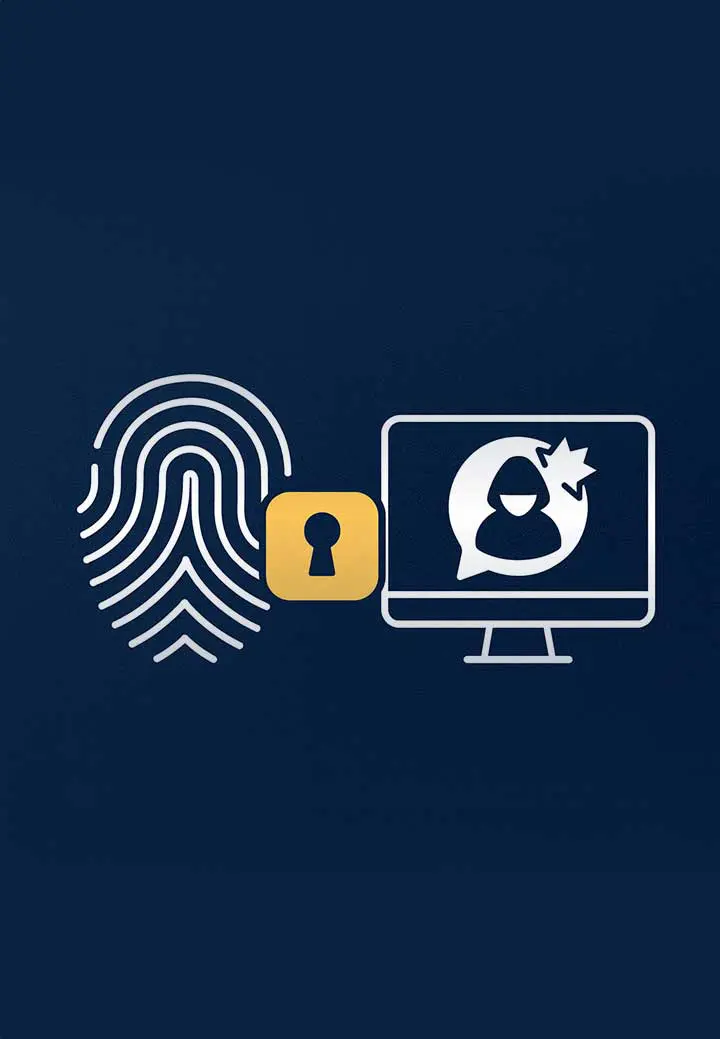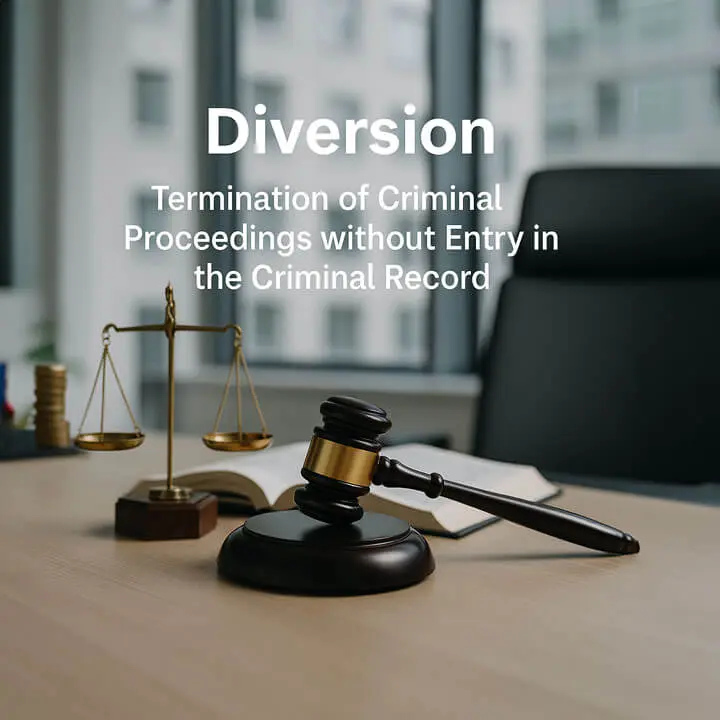With increasing digitalization, crime is also shifting into the digital space. Internet fraud or cybercrime are ubiquitous terms and no longer fringe phenomena. However, these are umbrella terms covering various fraudulent activities. Among others, they include phishing, smishing, vishing, investment fraud, or crypto fraud.
Phishing, for example, is a scam where criminals attempt to obtain personal data such as passwords, bank, or credit card details. To do this, they send fake emails designed to trick users into clicking links and revealing their data. In smishing, criminals use the same approach but contact victims via SMS instead of email. Well known in the media are also cases where criminals call victims directly, attempting to extract data by phone – a method called vishing.
With the obtained data, criminals can then commit investment or crypto fraud. Two methods have become established: either the victim is persuaded to make a self-damaging financial transfer (e.g., from a bank account or cryptocurrency wallet), or criminals unlawfully gain access to the victims’ bank or crypto accounts and misuse them for their own benefit. They carry out unauthorized transactions, which the victim only notices afterwards – by which time the damage is already done.
Increasingly, criminals target crypto accounts rather than bank accounts. The advantage for them is that funds are not transferred directly to their accounts. Instead, victims are often instructed first to purchase cryptocurrencies and then transfer them to the fraudsters. In this way, criminals can act pseudonymously. Once the victim transfers cryptocurrencies, it cannot be traced who ultimately controls the received assets.
What to Do in Case of Internet Fraud?
Caution is required in all forms of internet fraud. Emails, SMS, and phone calls should always be scrutinized, and login data should never be disclosed through such channels. Since fraudsters are often interested in company data, employees should be sensitized and trained accordingly. Preventive measures and early interventions are essential to avoid becoming a victim in the first place.
If you or your company become victims of internet fraud, it is crucial to report it. Victims often feel ashamed for having fallen prey to fraudsters, but experience shows that anyone can become a victim. No one is immune. Every report provides law enforcement with valuable information about ever-evolving methods, enabling warnings to the public via media.
Reporting Internet Fraud – Where and How?
Victims of internet fraud can file a report directly at a police station. Filing through a dedicated reporting office is not yet possible. Another option is to prepare the facts in detail together with a lawyer and submit a written report directly to the competent public prosecutor’s office. In both cases, investigations will be initiated.
If communication is conducted via a lawyer, evidence requests can be filed more specifically, and access to investigation files may be obtained to stay informed about case progress.
In the case of crypto fraud, the Cybercrime Competence Center (C4) at the Federal Criminal Police Office can perform blockchain analyses. These investigations track and analyze transactions on the blockchain – a decentralized database underlying cryptocurrencies, in which all transactions are permanently stored in blocks. The C4 serves as the national coordination and reporting office for combating cybercrime and is responsible for securing and analyzing electronic evidence.
Securing Evidence: Screenshots, Emails, Chat Logs
If you or your company fall victim to internet fraud, securing evidence is essential. Evidence enables investigators to reconstruct the scheme and possibly trace the perpetrators. Take screenshots or copies of all fraud-related information. Secure every email, SMS, and chat log with the criminals. If transactions were made, take screenshots or documentation from your online banking account or the crypto platform/app. This evidence can then be presented when filing a report with the police or submitting a statement to the prosecutor’s office.
I Am a Victim – Civil Claims in Criminal Proceedings
If you suffered financial loss from internet fraud – e.g., by transferring crypto assets to the perpetrators or due to unauthorized access to your crypto account – these amounts can be claimed in subsequent criminal proceedings. To do so, you must join the proceedings as a private party. This way, you can also seek compensation for the financial damage within the criminal trial.
Conclusion
Anyone can become a victim of internet fraud. For this reason, it is vital to always report the incident. By securing and providing evidence, you not only strengthen your case but also supply investigators with further leads on the perpetrators.
We are happy to advise you on your options and assist you in filing a statement with the public prosecutor’s office and asserting your claims. Visit our Crypto & Cyber Crime section to learn more:










